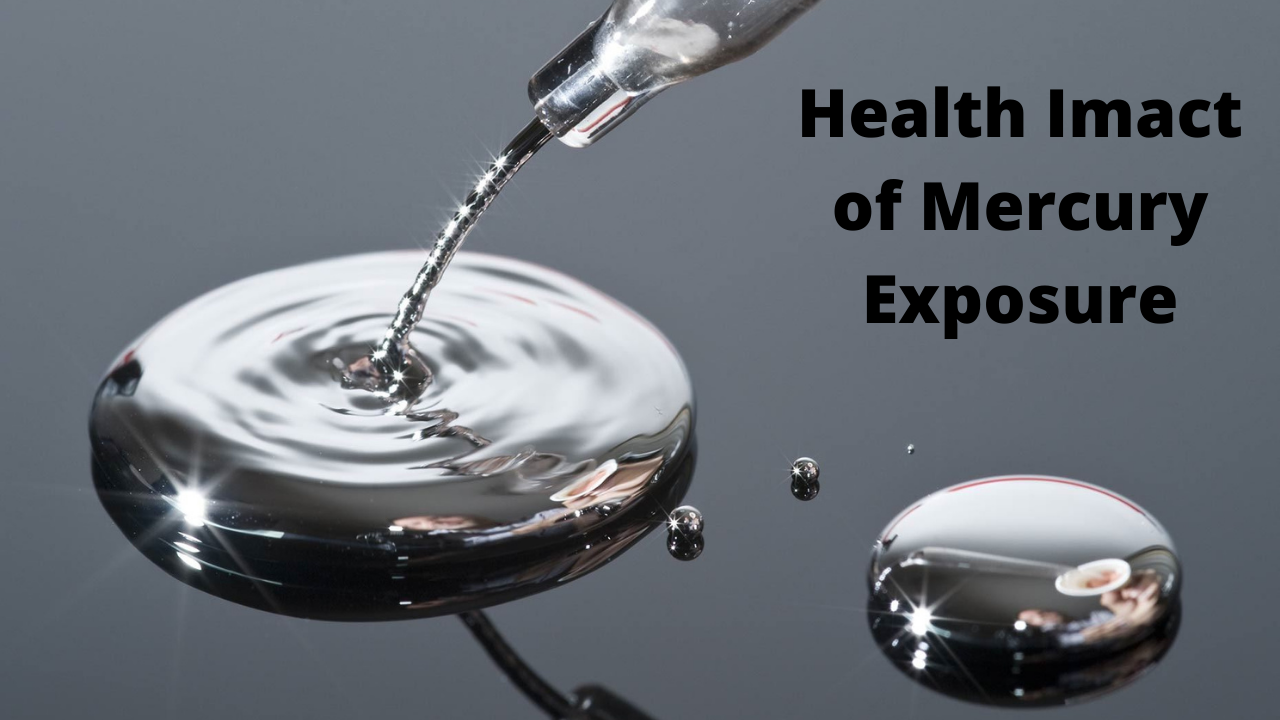Heavy metal tests aren’t really something that everyone is familiar with. This is a shame as it can really help improve your health. Considering how important it is, we thought it would be useful to put together a brief explainer on this subject. If this is something that you’re interested in learning more about, read on as we break down everything that you need to know about heavy metal testing.
Table of Contents
What Are Heavy Metals?
We’re concerned about 35 metals that people can be exposed to at home or at work, including 23 heavy metals: antimony, arsenic, bismuth, cadmium, cerium, chromium, cobalt, copper, gallium, gold, iron, lead, manganese, mercury, nickel, platinum, silver, tellurium, thallium, tin, uranium, vanadium, and zinc. These heavy metals are commonly found in the environment and diet. Heavy metals are essential for good health in small amounts but can become toxic in larger amounts. Heavy metal toxicity can lead to lowered energy levels and damage to the brain, lungs, kidney, liver, blood composition, and other organs.
What Is a Heavy Metal Test?
A heavy metal test is done to see if there are high levels of any harmful metals in your body. There are small traces of these toxic metals present in the environment, some foods and medicines, and sometimes even in water. They can enter your system through your skin, by breathing them in, or by eating them. These heavy metals are safe in very small doses, but if you have too much of them, it can lead to metal poisoning. If left untreated, being overexposed to certain heavy metals can be fatal. Your doctor may order this test if they suspect you have heavy metal poisoning based on your symptoms.
What Is Heavy Metal Poisoning?
Heavy metal poisoning can occur when you’re exposed to large amounts of certain metals. This can make you sick and change the way your body functions. Although heavy metals, such as arsenic, lead, mercury, etc., are all around us, being exposed to high levels can be harmful. You may be poisoned if you consume food or water tainted with heavy metals, or if you breathe in contaminated dust or fumes.
How Do You Prepare for a Heavy Metal Test?
Now, your healthcare provider should give you instructions on what you should do to prepare for your heavy metal test. Aside from the reminders that they give you, you should avoid eating seafood and Gadolinium-, Barium- and Iodine-based contrast agents for at least 48 and 96 hours respectively before a heavy metal test. These can cause temporary increases in some heavy metal levels and interfere with the test.
Final Thoughts About Heavy Metal Testing
We hope this article has helped broaden your understanding of the effects that heavy metals can have on your body and why it’s important to undergo heavy metal testing. While it may seem tedious at first, knowing whether or not your body contains high levels of heavy metals will allow you to make the necessary adjustments to improve your overall health and wellness.
Now that you know the dangers of heavy metals and the value of heavy metal testing, it’s essential to do a detox. Zeolite for Detox can help you out. For more information, visit our website today!
Recent Posts
Revitalize your health with an innovative detox approach offered by Root Wellness. This powerful solution enhances wellness through natural ingredients like zeolite and silica, effectively cleansing...
Roots Clean Slate Erfahrungen Revitalize With Bioavailable Silicon
Revitalizing your health begins with a natural approach to removing harmful substances. Detoxification can pave the way for a more vibrant life through effective cleansing methods. Bioavailable...

